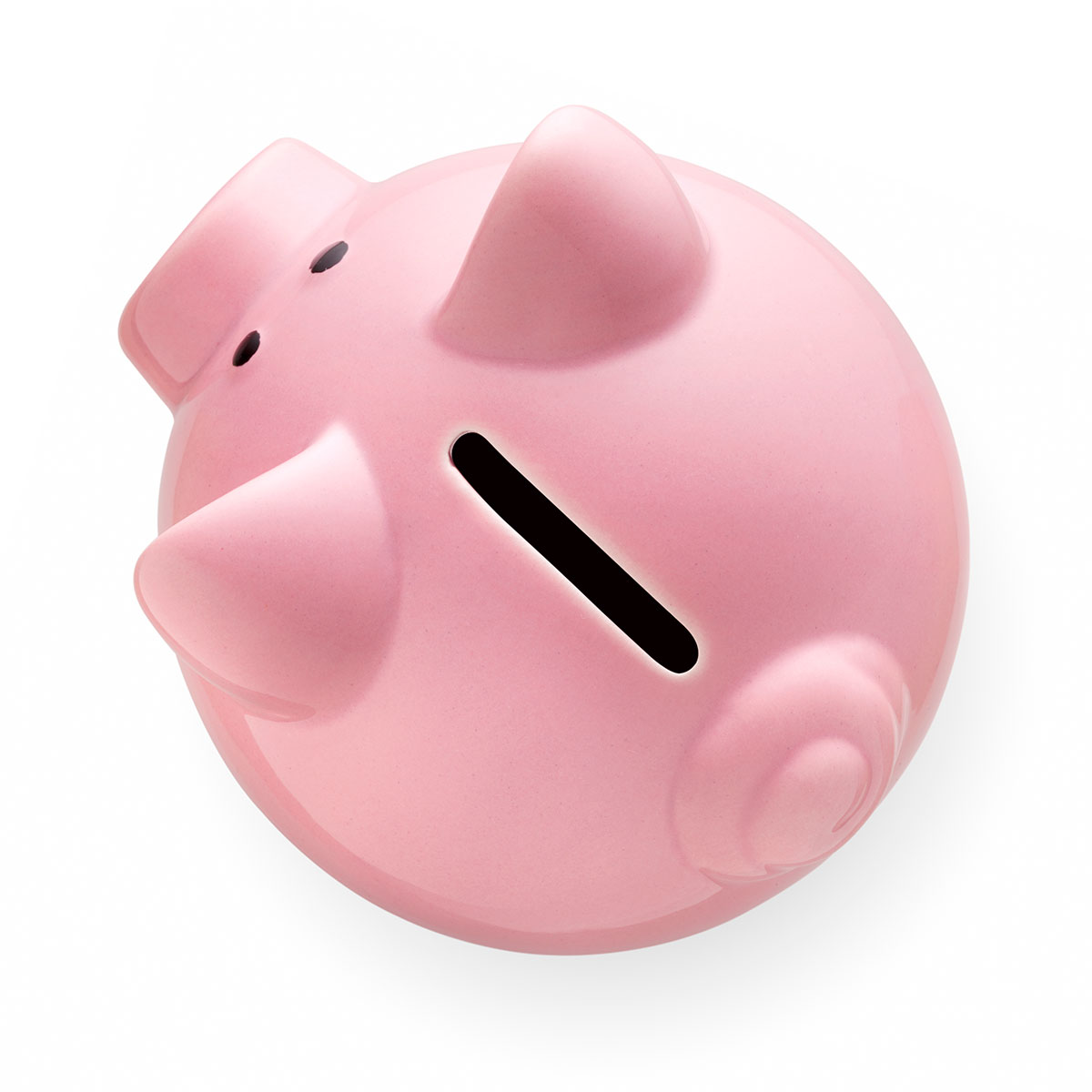When it comes to wearing braces, eating the right types of foods is one of the most important aspects of preventing orthodontic emergencies like broken wires or brackets falling off.
Here are some of the most common types of foods that should be avoided during the entire time that a person spends in braces:
How Uncut, Fresh Fruit or Vegetables Can Damage Your Braces
Biting into a crisp apple or juicy carrot stick is off limits. Of course, it’s important to keep a balanced diet that includes fresh produce. To make eating fruits and vegetables easier, be sure they’re cut into small pieces that are flimsier than if they were being eaten whole.
How Sticky Candies or Bubble Gum Can Damage Your Braces
Sticky caramels, gooey candies, and other tacky-textured treats are a sure-fire way to pull orthodontic appliances off of teeth. When cravings kick in, opt for something that’s safer for teeth, such as a soft chocolate that melts away and doesn’t stick around after you’ve eaten it.
Sugar free gum is usually not as sticky as traditional chewing gum. Ask your orthodontist first, but a sugar free gum is usually ok to enjoy now and then, even if you’re undergoing orthodontic treatment.
How Nuts and Seeds Can Damage Your Braces
Chocolate covered almonds, sunflower seeds, and roasted peanuts may be a favorite snack, but it’s important for orthodontic patients to avoid them. Biting down wrong — just once — is all it takes to send someone to the orthodontist with a loose bracket.
How Dense Breads Can Damage Your Braces
Bagels, baguettes, and firm rolls are officially off the list. Stick to softer bread products, so that not as much biting pressure is needed when they’re part of a meal.
How Ice (specifically, chewing it) Can Damage Your Braces
Ice-chewing is a habit for many people, and a craving to crunch on ice may be a sign of anemia. But biting and chewing on ice can quickly pop off brace brackets, if the chills from frozen orthodontic wires doesn’t get to you first.
How Acidic Foods and Drinks Can Damage Your Braces
Orthodontic appliances are held in place using special types of tooth-friendly cements and bonding agents. Acids -such as citrus fruit juices – can cause the bond to give out, resulting in the braces falling off. Additionally, acid softens dental enamel, so its not just bad for braces, it’s bad for teeth in general. Limit your intake, and rinse your mouth with plain water after consuming – and you may need to pass on acidic foods and drinks entirely when you’re wearing braces.
How Your Favorite Steak Can Damage Your Braces
A mouthwatering steak, pork chop, or other firm cuts of meat can be too difficult to chew for people wearing fixed orthodontic appliances. But like other types of food that aren’t necessarily “friendly” to braces-wearers, it’s possible to cut the meat up into very small pieces to make it easier to chew.
How Chips Can Damage Your Braces
Firm chips used for dips, such as tortilla chips or corn chips, tend to be harder on your teeth than other types of chips do. Like nuts or seeds, chips can hurt your orthodontia or even your gums when you’re eating them. To get the flavor and satisfaction of an occasional bag, treat yourself to baked veggie “straw” alternatives (also in the chip isle) or a softer, baked potato chip.
How Corn on the Cob Can Damage Your Braces
Get the taste of roasted corn without the kernels lodging between your brackets as you bite into a whole cob. If you misjudge, you could bend an orthodontic wire out of place. Instead, cut the corn off and eat it with a fork.
“When in Doubt, Throw it Out”
Use your best judgement when it comes to choosing the right foods to eat with braces. If something looks like it could possibly break or pull off an appliance, then it probably ought to be avoided.
What About Social Settings?
If you’re invited to dinner as a guest, choose foods that are softer and easier to chew, or cut small portions from firmer foods to enjoy a few bites with the rest left on your plate. It’s ok to compliment the cook, but unless they question you about it, there’s no need to volunteer you can’t eat a particular type of food because of your braces.
Talk to your dentist or orthodontist if you have any questions about what foods are restricted during treatment. Most importantly, keep your regular appointments to ensure everything is maintained well and capable of withstanding normal use. Orthodontia is expensive, but you can reduce the cost of your dental care with a Cigna dental savings plan. Enroll today!







